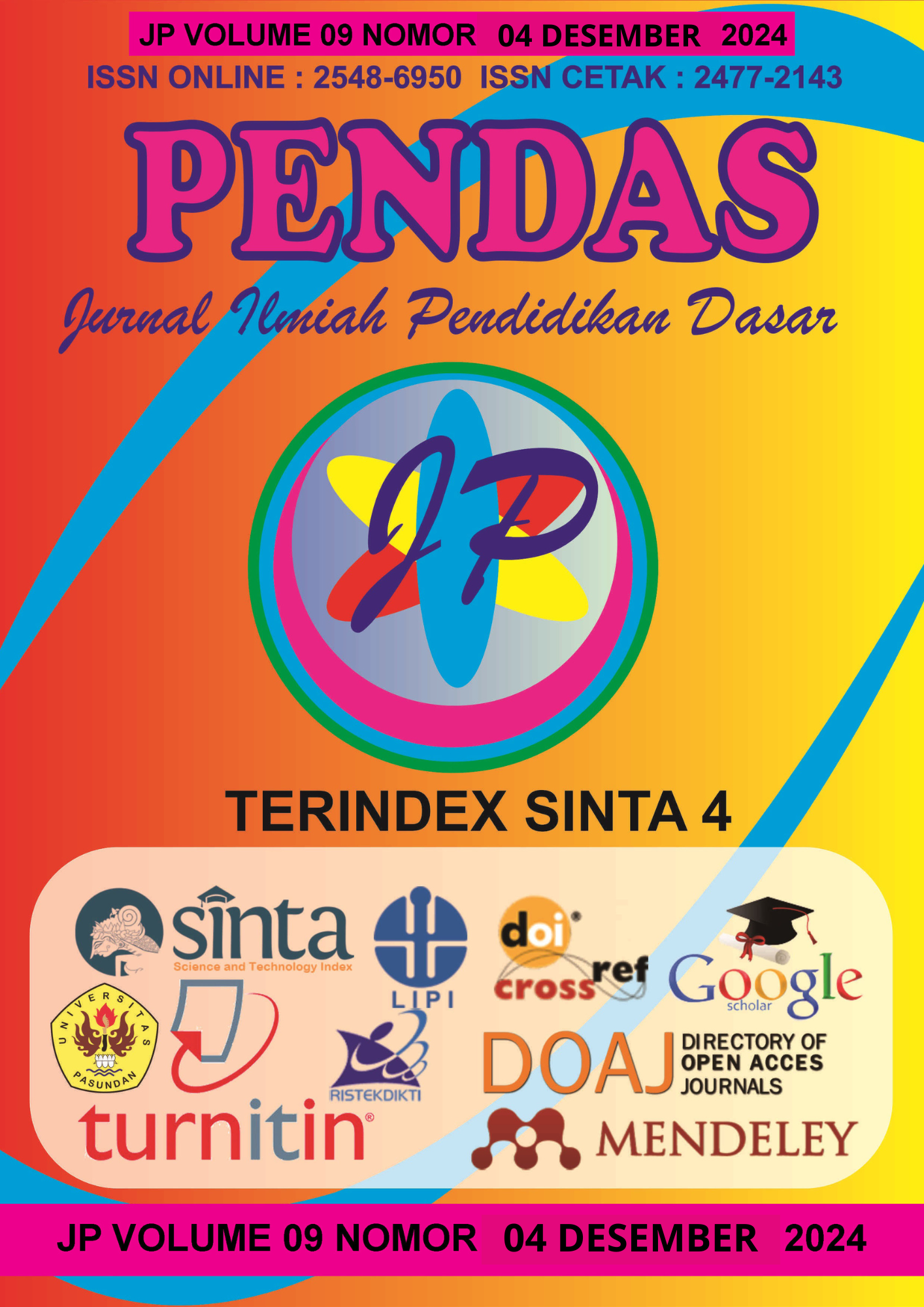ANALISIS VALUE CHAIN PADA RESTORAN HALAL DALAM ESTABLISHING HALAL VALUE CHAIN
Keywords:
Halal Value chain, Establishing, Restoran halalAbstract
This research uses Halal value chain analysis. The Halal value chain analysis method used in this research focuses on internal Halal restaurants which refers to Porter's Value Chain theory. Halal Value Chain analysis is divided into primary activities and secondary activities. This research uses a literature study method because the main aim of this research is to investigate and analyze the Value Chain in Halal Restaurants in Establishing a Halal Value Chain. The data used was taken from journals, news, and so on related to this research. Halal Value Chain, which refers to Porter's Value Chain theory, is considered to be able to analyze halal quality in halal restaurants because it focuses on restaurant internals, apart from increasing food safety for Muslim consumers. Restaurant owner awareness is very important for the protection of halal food. The regulatory framework needs to be improved to better support the halal industry.
Downloads
References
Ahmad, A. N., Rahman, R. A., Othman, M., Che Ishak, F. A., Mohamad, S. F., & Abidin, U. F. U. Z. (2020). The Relationship between Halal Food Management System Critical Constructs Implementation, Operational Performance and Product Quality. International Journal of Academic Research in Business and Social Sciences, 10(3). https://doi.org/10.6007/IJARBSS/v10-i3/7096
Andrianto, T. (2019). THE HALAL-NESS HOSPITALITY ON HALAL TOURISM, CASE STUDY OF HALAL RESTAURANT IN BANDUNG, INDONESIA. Journal of Indonesian Tourism, Hospitality and Recreation, 2(2), 210–222. https://doi.org/10.17509/jithor.v2i2.21001
Anggraini, N., Wardhani, K., Rozi, F., & Ashyia, S. (2020). Decision Support System for Selecting Halal-Certified Restaurant Using Analytical Hierarchy Process on Android Platform. 1–10. https://doi.org/10.4108/eai.7-11-2019.2294565
Djakfar, M. (2017). Pariwisata Halal. In Journal of Chemical Information and Modeling (Vol. 53, Issue 9).
Dwicaksana, H., & Pujiyono, . (2020). Akibat Hukum Yang Ditimbulkan Mengenai Cryptocurrency Sebagai Alat Pembayaran Di Indonesia. Jurnal Privat Law, 8(2), 187. https://doi.org/10.20961/privat.v8i2.48407
Imani, S., & Putri, I. L. (2023). HALAL VALUE CHAIN MODEL. 12(2), 255–273.
Intyas, C. A., Fattah, M., & Utami, T. N. (2020). Value chain analysis of Bee Jay mangrove ecotourism in probolinggo. Ecology, Environment and Conservation, 26(3), 1090–1097.
Ismail, R. Y. (2023). The Role and Challenges of Halal Supervisor on SMEs Halal Food Certification : A Case in Indonesia. 1(1).
Komite Nasional Keuangan Syariah. (2018). Masterplan Ekonomi Syariah Indonesia 2019-2024. Kementerian Perencanaan Pembangunan Nasional/ Badan Perencanaan Pembangunan Nasional, 1–443. https://knks.go.id/storage/upload/1573459280-Masterplan Eksyar_Preview.pdf
Meylianingrum, K., Juiana, T., & Tahiri, A. (2022). Shirkah : Journal of Economics and Business Hal al Value Chain in the Holding Business : The Experience of Islamic-based School ( Pesantren ) in Indonesia. 7(3), 318–334.
Pangestu, A. D. (2022). FENOMENA RESTORAN JEPANG HALAL : 3(3), 1892–1899.
Porter, M. E. (1985). 1998-Porter M.E. Competitive advantage.pdf.
Rahman, S. (2015). Analisis Nilai Tambah Agroindustri Chips Jagung. Jurnal Aplikasi Teknologi Pangan, 4(3), 108–111. https://doi.org/10.17728/jatp.v4i3.136
Regita, A., Muis, C., Sari, S. P., Amatillah, M., & Thyra, N. (2023). Development Of Halal Value Chain As A Manifestation For Economy Recovery In Post Covid-19. 08(2), 151–163.
Sami, F. (2008). The Retail Value Chain: How to Gain Competitive Advantage through Efficient Consumer Response (ECR) Strategies. Kogan Page Publishers.
Sumarlam, Purnanto, D., & Ardhian, D. (2020). Linguistic landscape of food stall and restaurant names: A supply chain management of halal food in Malang City, Indonesia. International Journal of Supply Chain Management, 9(2), 700–705.
Syariah, P. E., Ekonomi, F., Agama, I., & Tarbiyatut, I. (2022). PERAN EKONOMI SYARIAH DALAM MENDUKUNG TERWUJUDNYA SUSTAINABLE DEVELOPMENT GOALS ( SDGs ) DI INDONESIA Eny Latifah Jurnal Ekonomi Dan Bisnis Islam ( AT-TARIIZ ) Peran Ekonomi Syariah Dalam Mendukung Terwujudnya Sustainable Development Goals ( SDGs ) Di Ind. 108–120.
Wahab, A. (2023). ANALISIS HALAL VALUE CHAIN PADA PENGEMBANGAN. 9, 123–138.
Widayat, W., Suzery, M., & Ardianto, H. (2022). Analisis Pemahaman UMKM di Kota Semarang terhadap Kebijakan Produk Halal. Jurnal Riptek, 16, 153–160. https://doi.org/10.35475/riptek.v16i2.170
Yanthy, E., Purwanto, A., Pramono, R., Cahyono, Y., & Asbari, M. (2020). Pengaruh Gaya Kepemimpinan Transformasional dan Tranksaksional Terhadap Kinerja Sistem Jaminan Halal HAS 23000. BISNIS : Jurnal Bisnis Dan Manajemen Islam, 8(1). https://doi.org/10.21043/bisnis.v8i1.7045
Downloads
Published
Issue
Section
License
Copyright (c) 2024 Pendas : Jurnal Ilmiah Pendidikan Dasar

This work is licensed under a Creative Commons Attribution 4.0 International License.














































